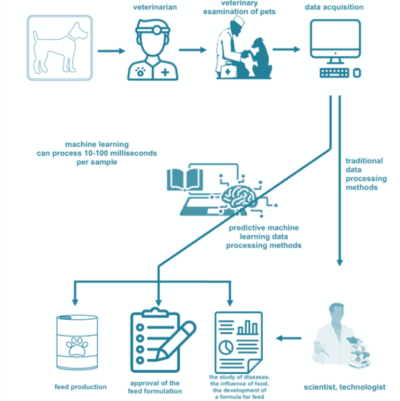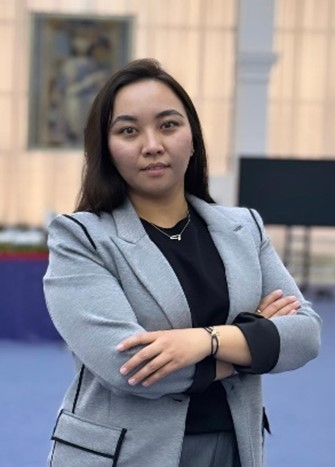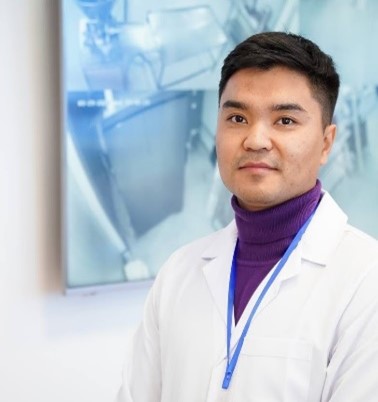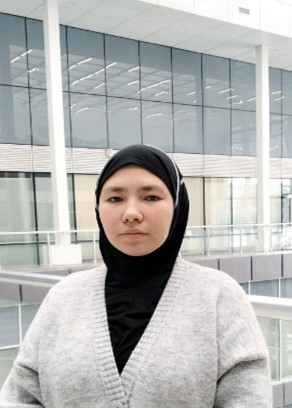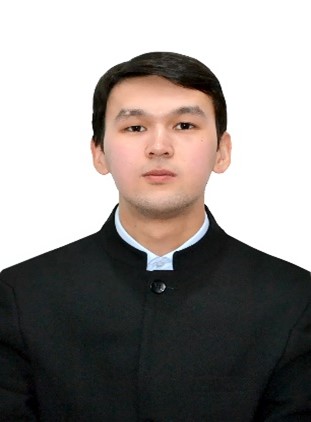Based on the results of scientific research, a resource-saving technology for the production of canned, complete wet feeds for non-productive animals of various breeds (small and large dogs) and ages (feeds for dogs from 6 months and older) of “premium class” will be scientifically substantiated. This technology will be in demand in the Kazakhstani market. Additionally, the use of low-value secondary meat and plant raw materials will be scientifically justified and experimentally proven as a result of conducted physicochemical and biochemical studies.
The formulations for canned food made from secondary meat raw materials are justified, utilizing uncontrolled machine learning, and incorporating protein-mineral-vitamin mixtures, with a product composition that closely meets the physiological needs of adult dogs and puppies of both large and small breeds.
The expected results based on the obtained scientific research will be the development of a scientifically grounded resource-saving technology for the production of canned complete wet food for non-productive animals of various breeds (small and large dogs) and ages (dogs from 6 months and older) of “premium class”, which will be in demand in the Kazakhstan market. In addition, the application of low-cost secondary meat and plant raw materials will be scientifically grounded and experimentally proven as a result of the conducted physicochemical and biochemical studies.
The practical solution to the set tasks will allow expanding the range of canned complete wet food for non-productive animals with enhanced biological value from domestic secondary raw materials, improve the quality and output of feeds, broaden the range of feeds, and increase the economic efficiency of the enterprise.
It will increase the share of domestic feeds in the Kazakhstani market through the modernization of the modern industrial enterprise by organizing the production of wet food in innovative packaging – retort pouches and lamister containers. The developed technology for producing complete canned wet food in soft packaging, when implemented in domestic production, will allow them to be sold at a price lower than that of foreign producers.
It will create additional jobs both at the existing meat processing enterprise through a closed-loop recycling system, and at the newly established mini-workshop for the production of canned wet food.
The results of the scientific research conducted as part of the project implementation are planned to be published:
- At least 2 (two) articles and/or reviews in peer-reviewed scientific publications indexed in the Science Citation Index Expanded of the Web of Science database and/or with a percentile of at least 50 (fifty) in the CiteScore database of Scopus;
- As well as at least 1 (one) article or review in a peer-reviewed international or domestic publication recommended by the Committee for Quality Assurance in Science and Higher Education of the Ministry of Science and Higher Education of the Republic of Kazakhstan.
- At least 1 (one) article or review in a peer-reviewed scientific publication indexed in the Science Citation Index Expanded of the Web of Science database and/or with a CiteScore percentile of at least 35 (thirty-five) in the Scopus database, and 1 (one) patent included in the Derwent Innovations Index (Web of Science, Clarivate Analytics);
- As well as at least 1 (one) article or review in a peer-reviewed international or domestic publication recommended by the Committee for Quality Assurance in Science and Higher Education of the Ministry of Science and Higher Education of the Republic of Kazakhstan;
- At least 1 (one) article or review in a peer-reviewed scientific journal indexed in the Science Citation Index Expanded and included in the 1st or 2nd quartile by impact factor in the Web of Science database, and/or with a CiteScore percentile of at least 65 (sixty-five) in the Scopus database;
- At least 1 (one) patent for an invention (including a positive decision on it).


